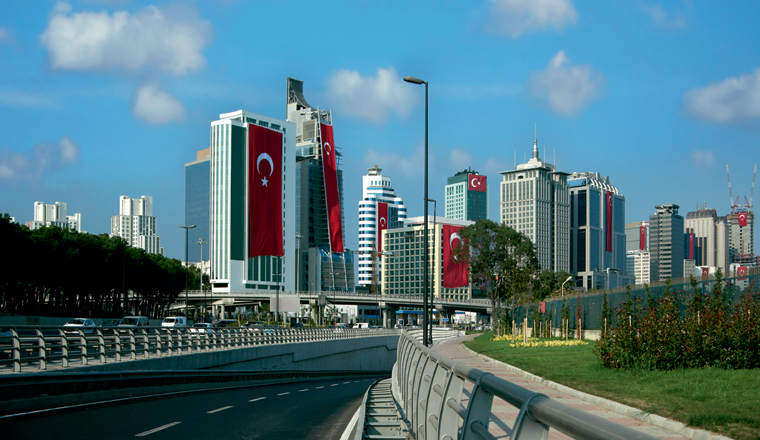Published: July 6, 2015
Up in the air
The results of Turkey’s elections came as a shock, if a welcome one to many. But they leave a lot of unanswered questions about the country’s economy.
The Turkish elections of 7 June were significant in more ways than one. As well as being a ballot on the performance of the ruling Justice and Development Party (AKP), it was a referendum on the grand plans of current president and long-serving former prime minister Recep Tayyip Erdogan, who made it clear that a decisive win for his party would give him licence to expand the powers of his new, largely symbolic position.
As it turned out, AKP did not get the convincing victory that it and most others expected. The party secured 258 of the 500 seats on offer, the first time since 2002 that it has not had an outright majority.
The biggest surprise of all was the success of the People’s Democratic Party (HDP), a pro-Kurdish party, which entered parliament for the first time in its history by attracting 13% of the vote, above the threshold for representation of 10%.
The AKP will now try to form a coalition government.
Politically, the election seems to be a victory for moderation over Erdogan’s increasingly authoritarian brand of politics. Marc Pierini, visiting scholar at US-based research institution Carnegie Europe, says: “This is both an abrupt re-balancing of the political landscape and a loud ‘no’ to the prospect of a presidential regime. The overall political reality looks like most elections in EU countries: dominant political forces are not single-handedly in power forever, and their ideas cannot prevail when a substantial majority of citizens disagree with them. Turkey has returned to a nationally nurtured political normalcy.”


